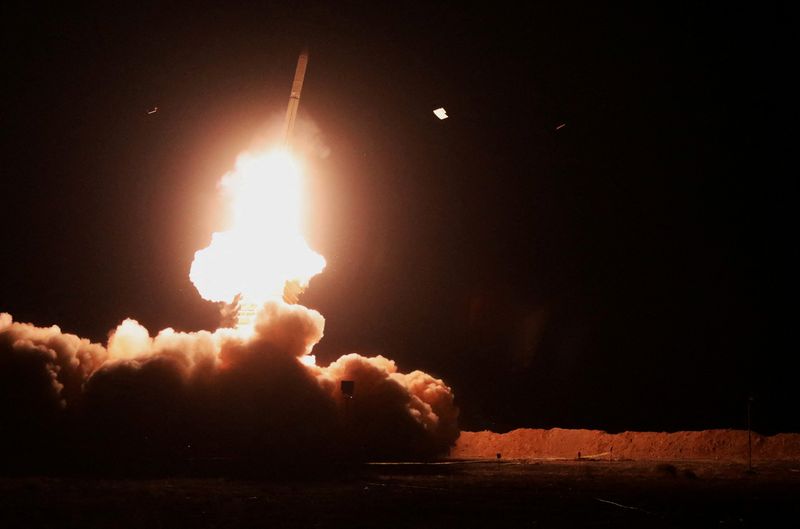Brett Schafer, The Motley Fool
6 min read
In This Article:
-
Rivian is still a small producer of electric vehicles, but it has plans to increase its production greatly over the next few years.
-
Tesla is losing market share and is in a tumultuous situation, which could benefit other automotive players.
-
Rivian stock should be looked at as a high-upside investment with a lot of risks.
Tesla (NASDAQ: TSLA) has been on a tough path the last few years. It keeps losing share in its key markets around the globe, especially in the United States, a trend that looks set to continue even though it has slashed prices on its best-selling electric vehicles (EVs).
Now, CEO Elon Musk has started publicly debating with President Donald Trump, and it is unclear whether this feud will truly affect Tesla's business. But it will definitely not be a positive development since taking political sides will inevitably alieniate a large customer cohort. It's a sceario that can cut both ways.
Regardless, the company has already experienced much financial pain the last few years. At the same time, other EV stocks, such as Rivian Automotive (NASDAQ: RIVN), have stayed stuck in the mud. Its shares are down over 90% from all-time highs and trade below $15.
Is Tesla's pain going to be Rivian's gain, making the stock a buy right now?
Rivian made its debut on the stock market with a lot of excitement. It raised over $10 billion in its initial public offering and shot up to a market cap of over $100 billion.
Investors were optimistic about the company -- which at the time generated zero revenue -- and its EV product pipeline and its deal with Amazon to build its new delivery vans.
Since then, Rivian has started to produce cars for customers, but at a much smaller scale than initially thought. It still has a large 100,000 order to make electric vans for Amazon, and you can now see its vehicles regularly on roads in the United States.
However, with the high price points of its trucks and SUVs, deliveries to customers have begun to flatten out. In 2025, the company is guiding for 40,000 to 46,000 deliveries. In 2024, it delivered over 50,000 vehicles.
For reference, Tesla delivers close to 2 million cars globally each year, and while that figure has begun to fall, it is still significantly larger than Rivian's numbers.
Selling cars that push a $100,000 price point is going to make your product unaffordable for most people in the U.S. This is why Rivian's share of EV sales has not grown significantly in reaction to Tesla's market share losses. Musk's customers have gone to legacy brands that can sell more affordable EVs.













